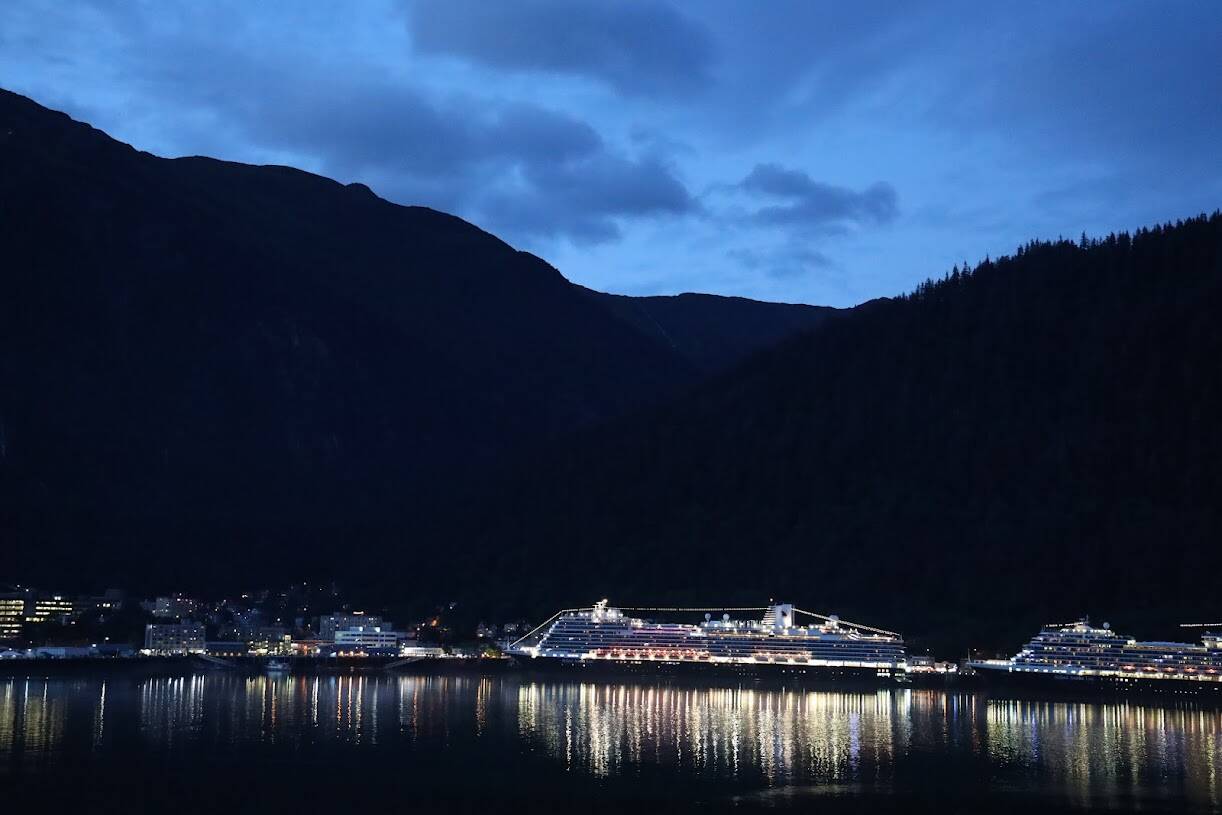The Alaska Department of Labor released its March Alaska Economic Trends report with the headline “The working-age population decline.” The number of Alaskans between the ages of 18 and 64 peaked in 2013 and has steadily declined. The losses in Juneau and Southeast were among the largest in the state, falling 11% or more.
The Juneau Assembly recently reviewed a presentation showing the percentage of young people in our community trending downwards since 2009. Now, there are more 65 year-olds than 18 year-olds in Juneau.
School enrollment data and projections provided by Erickson & Associates for the Juneau School Board revealed a drop from 5,700 students in 1999 to 4,2 00 in 2022 – and only 3,000 projected for 2032.
These stark demographic trends foreshadow serious problems and hard decisions ahead for our community.
Smaller school enrollment means state education funding will decline. We will have to close schools and streamline education delivery.
Fewer young adults in the workforce will make it hard to fill private and public sector jobs. State agencies will continue drifting away from the Capital City. Reduced demand for shopping, restaurants, and other services translates to lower CBJ property tax and sales tax collections. This in turn places a higher burden on those who stay to provide even greater financial support.
Retirees and seniors will eventually leave if we are unable to provide the staffing, health care and other support services needed to age in place.
Changing our future requires local government and the private sector to work together to ensure Juneau remains affordable and attractive to residents in all age groups.
First, let’s take a hard look at policies that discourage small business investment, such as parking, zoning or other regulations. Our No. 1 priority should be taking the necessary steps to encourage development and support of small businesses. Streamlining and coordinating state and local regulations to allow entrepreneurs to start a new business or creating an environment that assists the transfer or scaling up of existing business should be front and center.
Second, let’s be strategic about our property tax base. Repurpose municipal properties that are already off the tax rolls and consider which properties can be leased or sold to the private sector, attracting new investment. We need to take into account how technology has changed, how people consume various services, and make sure we are targeting a future Juneau not a Juneau of yesteryear.
Finally, let’s build on our core economic drivers. Our visitor industry is integral to our success as a community. Whether it is legislators, staffers and various Alaska industry groups that visit
January through May or our tourism visitors who land during the summer — all provide important financial, social, and growth opportunities to Juneau. We need affordable housing and hotel/rental accommodations for residents, to preserve our role as Alaska’s capital city, and to attract conferences and events. We need to recognize and address the needs of our businesses that service those industries.
It is essential we begin the hard work immediately and reverse the demographic death spiral. Let’s create an alternative future and maintain our beautiful capital city by working together, starting today!
• Angela Rodell has worked in public finance and investment in Alaska and other states. Susan Bell has worked in economic and community development throughout Alaska. Columns, My Turns and Letters to the Editor represent the view of the author, not the view of the Juneau Empire. Have something to say? Here’s how to submit a My Turn or letter.

